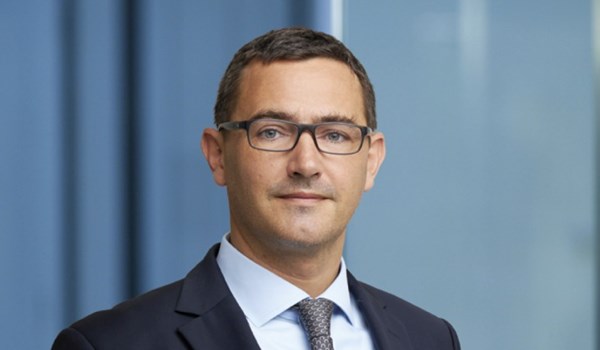The European Commission unveiled on Monday a plan to better channel up to €10 trillion in bank deposits across the bloc into much-needed strategic investments.
“Currently, too few European citizens make a decent return on their hard-earned savings, at least not in a simple and cost-efficient way,” EU Commissioner for Financial Services Maria Luis Albuquerque told reporters in Brussels. “This is regrettable and represents a loss to us all,” she added.
Capital in the EU isn’t lacking: European households save €1.4 trillion annually compared to €800 billion in the US — yet €300 billion of those European savings flow into non-EU markets each year.
The proposed Savings and Investments Union (SIU) aims to address these missed opportunities by improving the channelling of savings into productive investments, unlocking the full potential of the bloc’s capital markets for both companies and citizens.
“Our goal must be to make investing in Europe the obvious choice by creating the conditions that will allow offering attractive opportunities, competitive returns, and low barriers,” Albuquerque argued.
Mario Draghi’s landmark report on competitiveness warned last year that the EU will need at least €750-800 billion per year by 2030 to stay competitive against global players such as the US and China.
“We have reached the point where, without action, we will have to either compromise our welfare, our environment or our freedom,” the former Italian PM said last September, calling on member states to swiftly respond to avoid being left behind on the global stage.
Yet public funding alone will not suffice to match the bloc’s ambitions, so the EU is exploring ways to further mobilize private capital and facilitate access to finance for EU companies.
Under the Savings and Investments Union, the Commission will address barriers preventing insurers, banks, and pension funds from investing in equity.
It will also review the EU’s rules on securitization, “focusing on due diligence, transparency, and prudential requirements for banks and insurers, as this will free up resources from banks and allow better support for companies,” the Commissioner said.
The EU is also counting on the European Investment Bank Group and national promotional banks to attract private investors into co-financing projects that support the bloc’s economy and political goals.
At the same time, reducing inefficiencies within the single market and removing regulatory and supervisory barriers for cross-border operations will aim to help businesses scale across the EU.
“European firms are unable to enjoy the scale and synergies of the single market. This is costly and represents a competitive disadvantage for the EU,” Albuquerque said.
The EU’s banking sector remains fragmented and small compared to the US market value of its biggest banks. For instance, JPMorgan is larger than the combined market capitalization of the top ten banks in Europe, according to Factset.
The Commission also plans to introduce measures ensuring that all financial market participants are treated equally across the EU, including increased use of convergence tools and a reallocation of supervisory responsibilities between the national and EU levels.
The communication has provoked mixed signals among stakeholders.
For Thierry Philipponnat, chief economist at Finance Watch, the SIU is a “repackaging” of the 2020 objectives for the Capital Markets Union.
“Private capital cannot meet Europe’s vast investment needs, particularly on climate. Without a rethink on public finance, SIU won’t deliver,” Philipponat said, adding that the problem is the lack of political will from member states.
The European Banking Federation, on the other hand, believes the SIU is much more than a rebranding exercise because it’s broader than the long-stalled Capital Markets Union project.
“The idea (of the SIU) is very much to encourage citizens to continue to invest in financial markets for their own future and to diversify, but also most likely to get a better return in the long term for their retirement,” Sébastien de Brouwer, deputy CEO of the European Banking Federation, told Euronews.
Both regulation and supervision will also need to be reviewed and possibly streamlined and simplified where necessary to ensure that banks remain “competitive, profitable and stable” and that banks’ lending capacity is further increased or unleashed, de Brouwer said.



